
Audience
Health Professionals

Justice Professionals

Policymakers

Educators

Pregnancy + Breastfeeding

People with FASD, Parents and Carers

Researchers

Aboriginal + Torres Strait Islander Communities

To filter the results, select a specific topic
167 results
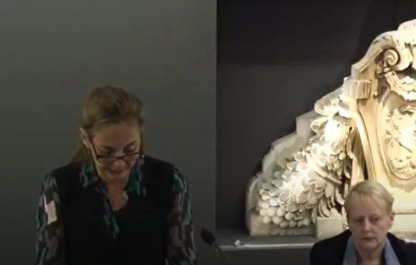
Aboriginal trauma, foetal alcohol spectrum disorder and the juvenile justice system a volatile cocktail
A seminar on the impact of FASD on the Aboriginal community
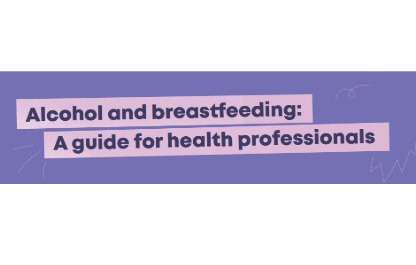
Alcohol and breastfeeding: A guide for health professionals
This resource, developed by FARE, sets out evidence-based information on the effects of alcohol consumption while breastfeeding, and guidance on providing advice and support.
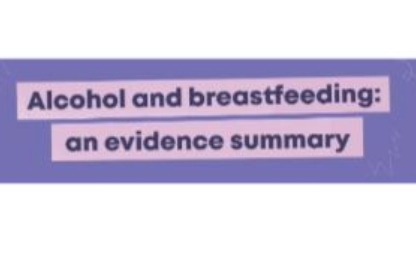
Alcohol and breastfeeding: An evidence summary
This resource, developed by FARE, summarises evidence about the effects of alcohol on breastfeeding, including on breastmilk supply and effects on the baby.
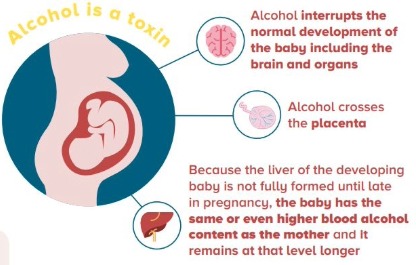
Alcohol and pregnancy fact sheet – translated
This fact sheet, produced by the FASD Hub Australia provides an overview of alcohol and pregnancy and FASD in Australia.
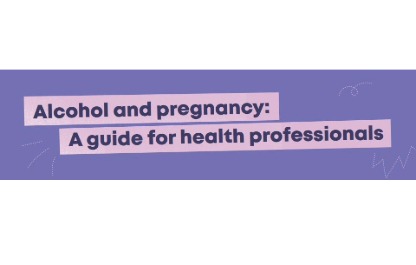
Alcohol and pregnancy: A guide for health professionals
This resource, developed by FARE, sets out evidence-based information about the effects of alcohol consumption during pregnancy.
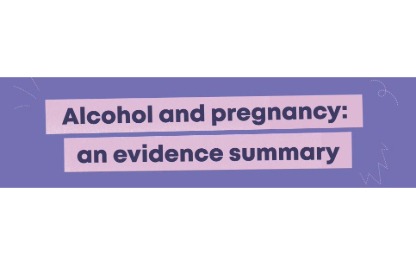
Alcohol and pregnancy: An evidence summary
This resource, developed by FARE, summarises evidence about the effects of alcohol consumption in pregnancy, including on the pregnancy and effects on the baby.
Stay connected
Join our mailing list to hear more from the FASD Hub, including our monthly newsletters, webinar invitations, and new publications.
Acknowledgement of Country
FASD Hub Australia acknowledges Aboriginal and Torres Strait Islander peoples as the Traditional Custodians of Country throughout Australia, and we recognise their connections to land, water and community. We pay our respect to their elders past and present, and extend that respect to all Aboriginal and Torres Strait Islander peoples.
